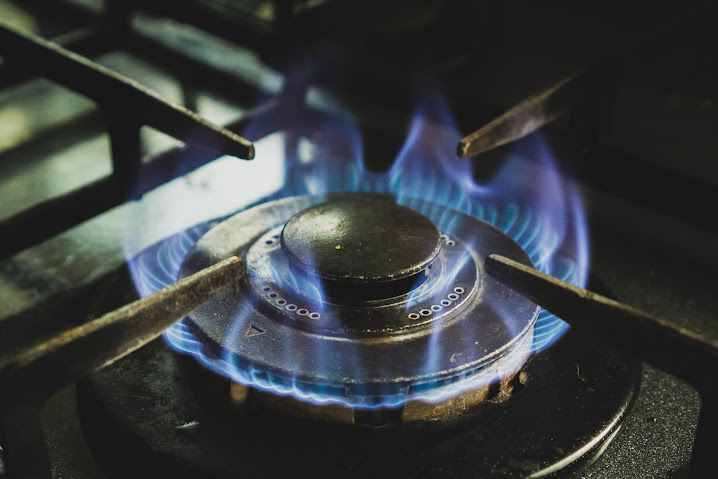**Collaborative Post**
AD: Your boiler is a crucial part of your home but one we probably don't think about very much. It just sits in the background ensuring we have heating when we are chilly and hot water when we need it without too much of a thought, however when your boiler breaks down it can be a bit of a disaster and costly (if you want to know more about saving money on your energy head over to Boiler Guide) This is why it is so important to keep up with maintenance and checks on your boiler and to keep an eye out for the signs your boiler might need replacing.
Do you know what to look out for when it comes to signs your boiler may be due a renewal? If not then keep reading below where we share some common signs your boiler might need replacing.
Increasing energy bills
If you are using roughly the same energy each month but your bills seem to be soaring, even when you try using less then this could indicate an issue. Modern boilers (or A-rated boilers) can run up to 90%+ efficiency, whereas older boilers (or G-rated boilers) can be running as low as 70% efficiency. In 2018, the government introduced the 'Boiler Plus' legislation, which requires all newly installed boilers to have a minimum ErP efficiency of 92%, and to have time and temperature controls fitted. Therefore if you check your boiler and it has a lower rating it may be worth looking at a new upgrade.
Unusual noises or sounds from your boiler
All boilers will make some sort of noise, especially when firing up but this shouldn't be an alarming sound (more of a low hum) and should be a sound you hear regularly. If however you start to hear any unusual sounds such as banging, clicking or vibrating that is unusual then this could mean a whole host of problems. The best thing to do if you hear any noises that sound different is to switch the boiler off and contact an engineer to get things checked, don't risk continuing to run it.
Age or more frequent issues
Do radiators take longer to heat up or don't heat up as well?
Most modern boilers are capable of getting heat into our homes pretty quickly, so if you find you are putting on your heating and having to wait for ages for the radiators to get hot (or they only ever get lukewarm) it could indicate a boiler issue. of course, there are other reasons your radiators might not be heating up properly such as them needing bleeding or there being sludge in the radiators but if you have checked for both these issues and still aren't getting the right heat, the next thing to consider is the boiler.
Leaks or Smells coming from your boiler
Bad smells or leaks are never a good sign and the same goes for your boiler, if you are spotting leaks around your boiler or a bad smell omitting from the area, it could be time for a boiler replacement. Your boiler should never leak water so if you notice any moisture or water dripping on or near your boiler switch it off and contact someone. The same goes for a bad smell if you smell a bad "eggy", or sulphurous smell then this is the biggest indicator of a gas leak and you should contact someone immediately and leave the property! Other warning signs of a carbon monoxide leak include a yellow flame rather than the usual blue one and dark soot around the appliance.
The most important thing to remember when it comes to your boiler is that if are worried about anything at all to call someone out, someone who is gas safety certified. It may be tempting to have a look yourself to save a bit of cash but you could cause a number of problems including causing a carbon monoxide leak which could be fatal. When it does come to the time of replacing your boiler just remember that you will likely safe money on your bills in long run, chat with your local engineer to discus your options.
xXx

.jpg)

No comments:
Post a Comment